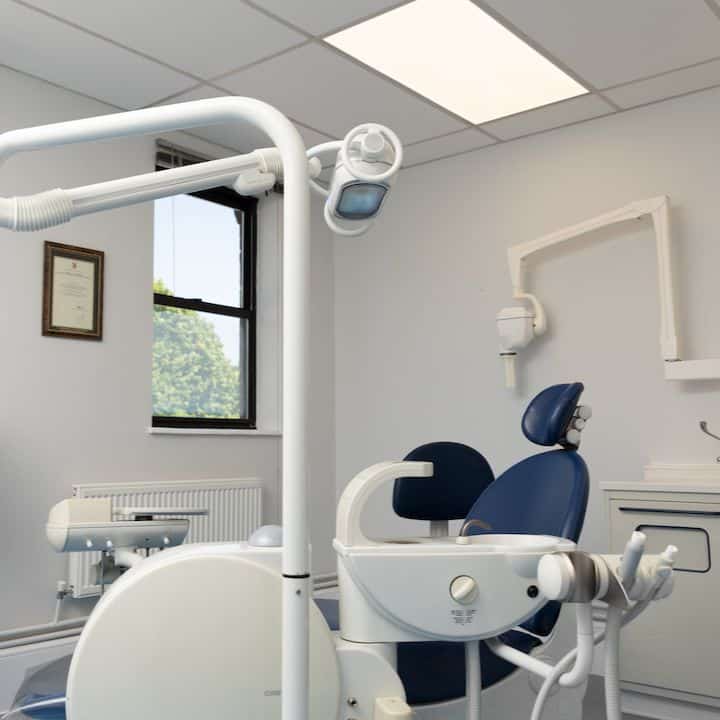Dental Hygiene
Gum disease and it’s impact on your overall health

Dental Hygienist in Woking
Our hygienists start with a thorough clean of your teeth and gums to remove any deposits that have built up between visits. We are passionate in preventing the need for further dental treatment where possible so as part of your appointment, your hygienist will demonstrate brushing techniques and offer tips to look after your oral health and keep your teeth free from plaque between appointments. Your hygienist will also be able to discuss any concerns you have such as bleeding gums, dry mouth or persistent bad breath.
Effective brushing and flossing combined with regular visits to the hygienist are essential in maintaining the health of your teeth and gums and preventing painful conditions such as gum disease and periodontal disease.
Gum disease
Call Now
01483 763360
Periodontal Treatment
Without treatment there is a chance that the alveolar bone that secures the teeth may slowly deteriorate, resulting in tooth loss and an increased risk of other health problems as bacteria enters the bloodstream.
Often the first signs of gum disease may be swollen gums that bleed easily, persistent bad breath or an unpleasant taste in the mouth or your teeth may appear longer as the gum recedes. However, many people treated for periodontitis report no symptoms and invariably there is no discomfort with gum disease.
Treating Periodontal Disease
Once treated, the gum draws back to hold the tooth however, the attachment is usually weaker than before and so you may require further root planning and a robust cleaning routine to ensure the gum line is healthy.
If you are experiencing advanced stage gum disease you may require a surgical procedure, we will discuss all treatment options thoroughly with you during your consultation.
Speciality Dentistry
Periodontists undertake a further 3 years of training and are familiar with the diagnosis and treatment of periodontal diseases and how to prevent them. They will also be able to undertake advanced work including the placement of dental implants, root planning and regenerative procedures.